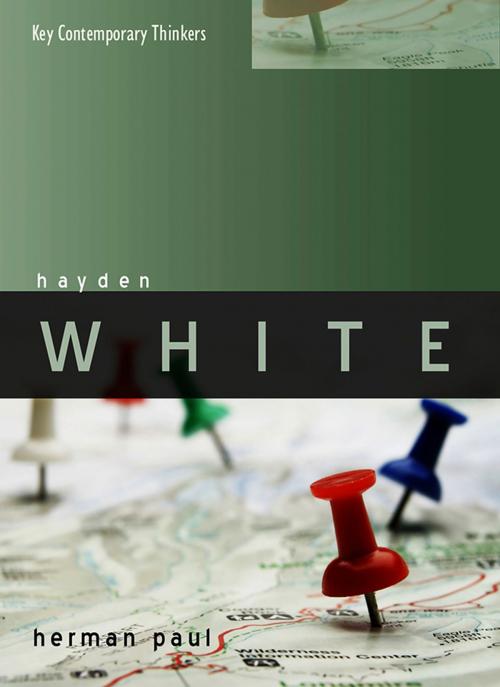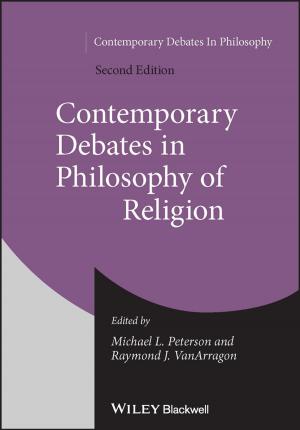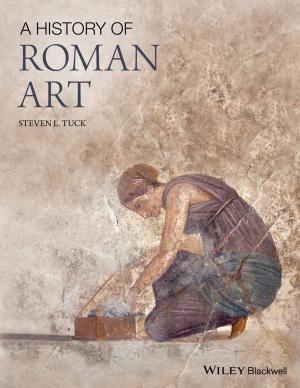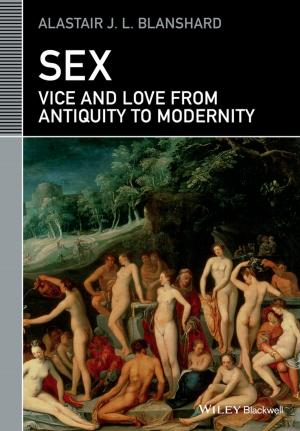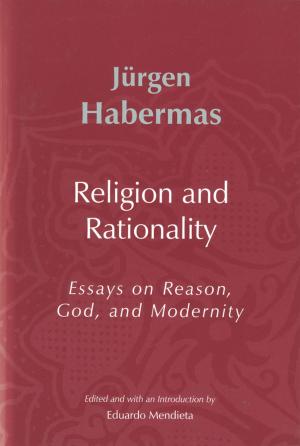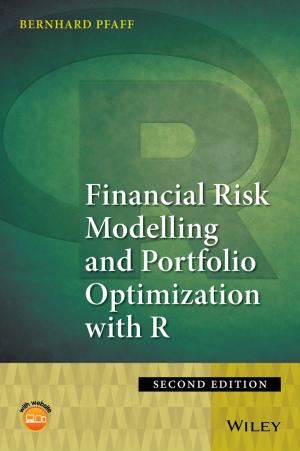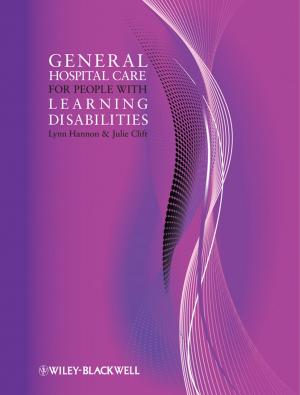| Author: | Herman Paul | ISBN: | 9780745637655 |
| Publisher: | Wiley | Publication: | April 29, 2013 |
| Imprint: | Polity | Language: | English |
| Author: | Herman Paul |
| ISBN: | 9780745637655 |
| Publisher: | Wiley |
| Publication: | April 29, 2013 |
| Imprint: | Polity |
| Language: | English |
This new book offers a clear and accessible exposition of Hayden White's thought. In an engaging and wide-ranging analysis, Herman Paul discusses White's core ideas and traces the development of these ideas from the mid-1950s to the present. Starting with White's medievalist research and youthful fascination for French existentialism, Paul shows how White became increasingly convinced that historical writing is a moral activity. He goes on to argue that the critical concepts that have secured White's fame – trope, plot, discourse, figural realism – all stem from his desire to explicate the moral claims and perceptions underlying historical writing. White emerges as a passionate thinker, a restless rebel against scientism, and a defender of existentialist humanist values.
This innovative introduction will appeal to students and scholars across the humanities, and help develop a critical understanding of an increasingly important thinker.
This new book offers a clear and accessible exposition of Hayden White's thought. In an engaging and wide-ranging analysis, Herman Paul discusses White's core ideas and traces the development of these ideas from the mid-1950s to the present. Starting with White's medievalist research and youthful fascination for French existentialism, Paul shows how White became increasingly convinced that historical writing is a moral activity. He goes on to argue that the critical concepts that have secured White's fame – trope, plot, discourse, figural realism – all stem from his desire to explicate the moral claims and perceptions underlying historical writing. White emerges as a passionate thinker, a restless rebel against scientism, and a defender of existentialist humanist values.
This innovative introduction will appeal to students and scholars across the humanities, and help develop a critical understanding of an increasingly important thinker.
